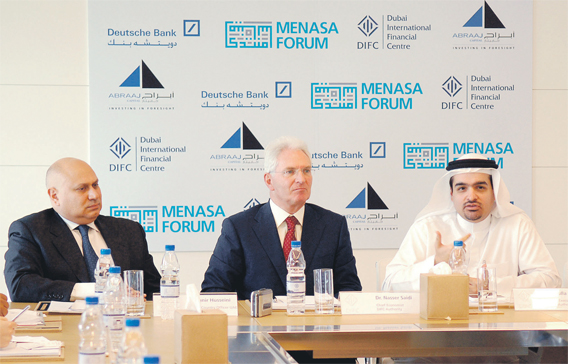A. T. Kearney in partnership with Grow Africa and the World Economic Forum has developed a tool supporting the vision to increase smallholder participation in the agricultural value chain and make Africa self-sufficient in food
Global management consultancy firm, A. T. Kearney, has collaborated with Grow Africa and the World Economic Forum to develop a tool contributing to the transformation of the agricultural sector on the continent. The tool will help establish farmer capabilities along the value chain and identify best practice gaps. In addition it enables clear prioritization of potential agricultural improvement projects in Africa.
The Gap Analysis Tool for Agriculture (GATA) is a web-based analysis instrument to assist governments, policymakers, farmers and farmer organizations, as well as companies, who have a vested interest in the upgrading of the agricultural value chain. This project has been undertaken by A. T. Kearney on a pro-bono basis, in commitment to its pledge to contribute to society and its ambition to grow on the African continent.
The GATA tool is currently being piloted in Ethiopia and Tanzania, with plans to roll it out in other Grow Africa partner countries in due course. The tool will be made available as a free application on the Internet later this year.
Commenting on this initiative, Willem Plaizier, Partner at A. T. Kearney, said: “Africa’s agriculture sector is based on smallholder farmers, who face the challenge to rise up to the expectations of making Africa self-sustained from an agriculture perspective. They need to find ways to participate in a more efficient and effective manner in the value chain that brings their products to the market. Grow Africa focuses on these aspects of building a sustainable agricultural sector. The GATA tool specifically helps to identify the capabilities of small holders against best practices and identifies the cost and benefits of investments to achieve a higher performance.”
For government agencies, companies or farmers themselves, the tool will help determine the likely economic impact of any potential investment decisions and interventions, hence provide a more informed basis for devising strategic priorities to promote improved agricultural practices that are also commercially sustainable.
A.T. Kearney is proud to be involved in this development since early 2013. For the remainder of 2014 our involvement will be focused on the successful roll out of the tool.
Source: www.growafrica.com



